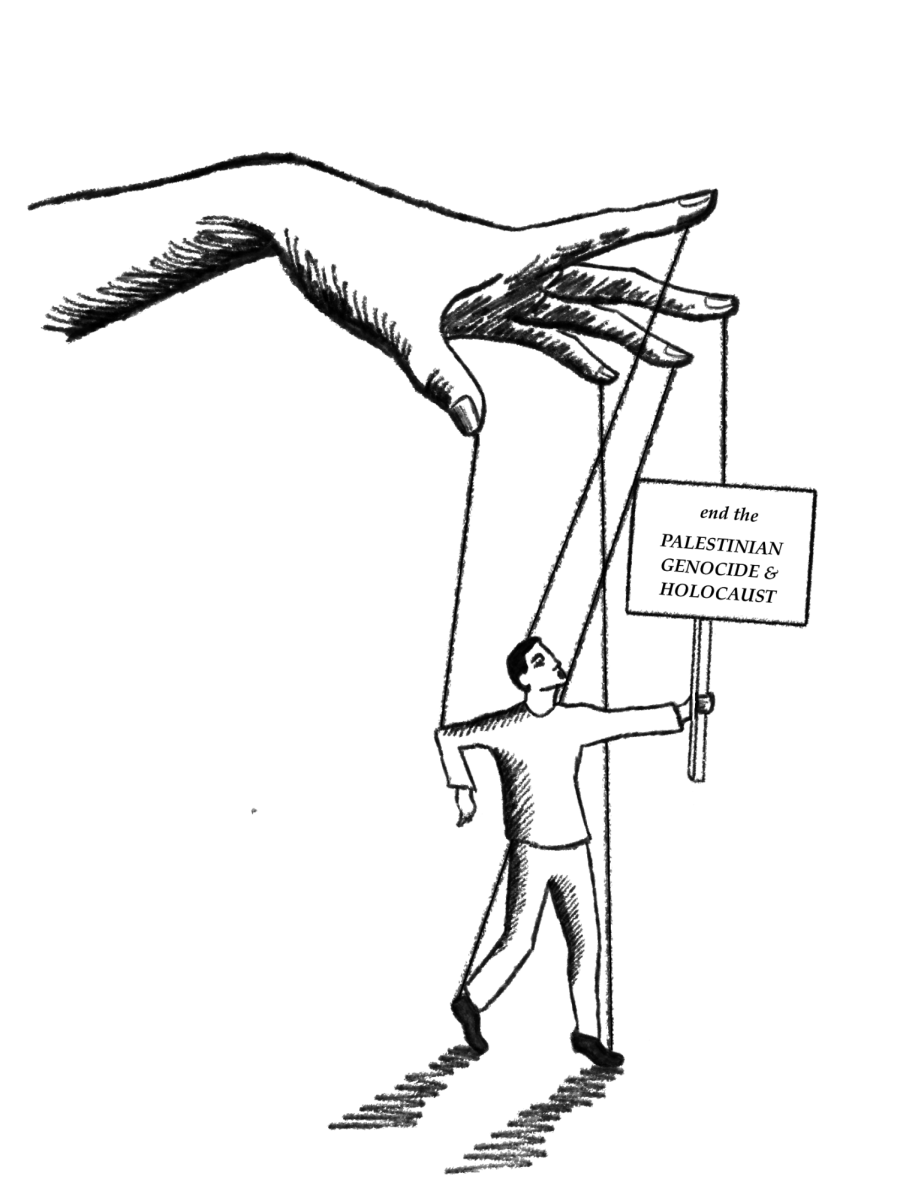As the teacher scans the class waiting for a response, the room’s silence rings loudly. My mind races, contemplating breaking the silence with the answer I am second-guessing. My classmates make eye contact with each other while waiting for someone brave enough to volunteer an answer. Aware of the potential judgment of others, I keep my hand heavy on my desk.
Over the past school year, I can count the number of times I’ve asked a question in class on the fingers of one hand. Although my teachers often encourage participation, a select few students end up being the only participants each time.
Usually self-doubt convinces me that the solution I have in mind is wrong. I can’t take the risk, no matter how small, of humiliating myself in front of 30 students and the teacher, knowing that if I answer incorrectly, all my peers will know that I was confident enough in my incompetent answer to volunteer. This constant feeling of shame will haunt me for the rest of the day, diverting me away from raising my hand again.
The same mentality goes for asking clarifying questions. When I need an explanation, I prioritize turning to my friends — who are sometimes more confused than me — over raising my hand to publicly ask the teacher. Overthinking prompts the belief in my mind that my question is absurd, and my classmates will silently ridicule me.
Even though I know my peers will likely forget about my irrelevant comment in the next minute, the lingering thought that my errors will negatively influence their perception of me overpowers my desire to speak.
According to a 2006 study by New York University, the leading cause of this lack of participation in students is fear of embarrassment. Consequently, the majority of students stay silent even when teachers welcome their voices.
Yet participation is especially important in a school system where engagement is a critical part of a student’s education. The study by NYU also found that an increase in participation was correlated with an improvement in classroom performance. Students in the focus group who participated the least in class tended to score at a lower-level academically than students who actively participated.
Since students have greater academic success when participating in class, we need to develop an improved participation system where students feel confident sharing their ideas, one that encourages participation by utilizing anonymity. When students remove their identity from a discussion, the ever-present fear of being judged is removed as well.
To implement anonymous participation in the classroom, teachers can use websites such as Pear Deck and Padlet which all have anonymous elements. Padlets, used as digital boards, are best for classroom discussions while Pear Decks, used as interactive slideshows, are best used for participation in slideshow lectures.
Using education tools like these means that even if I give a wrong answer in class, the only person with this information is me, eliminating embarrassment in front of my classmates and allowing me to maintain my confidence, which is essential to future classroom participation.
A 2014 study led by Dr. Max Liboiron, a researcher at the Memorial University of Newfoundland, showed that 70% of college students said they were more likely to participate when the participation was anonymous, which demonstrates the impact of anonymity in correlation with the desire to participate in class discussions.
Some might argue that public participation promotes public speaking skills which are useful in the real world. Although true, students who do not consistently participate will rarely choose to participate in any case. When we allow anonymous participation, students warm up to the idea of sharing their thoughts with others, thereby increasing the chances of them sharing their thoughts in a public scenario.
So, teachers should still incorporate formal presentations and discussions into the curriculum to develop public speaking skills. However, when a discussion is informal, they should provide an anonymous participation system for those still struggling with their self-esteem.










